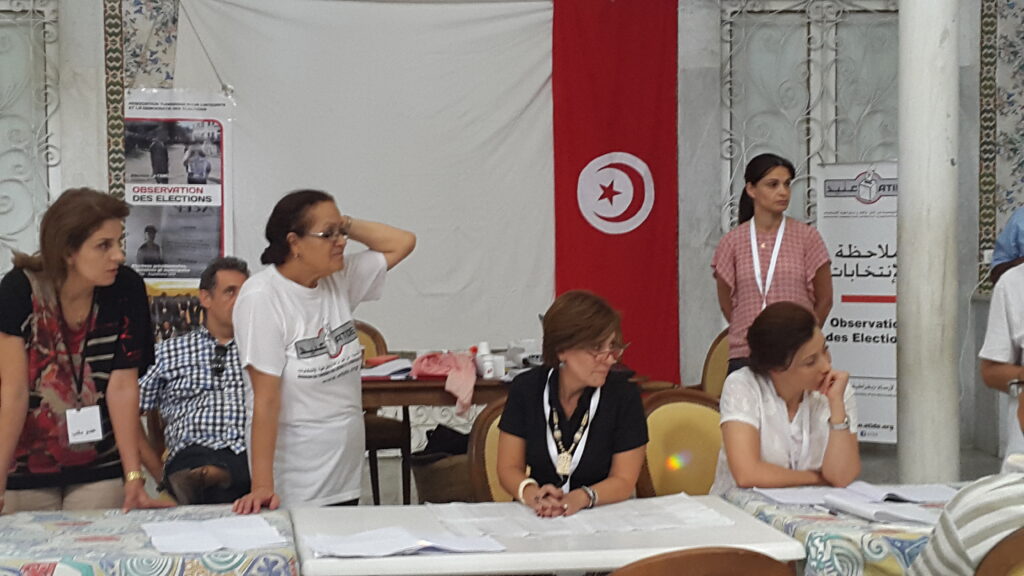
On July 25, Tunisia approved its new constitution via referendum. 94.6 per cent of the voters approved the constitution in a referendum that had a mere 30.5 per cent turnout. The new constitution gives sweeping powers to the president, but has also removed Islam as the state religion.
As a result, the constitution is being touted simultaneously as both a continuation of Tunisia’s recent gains, and a stark departure from them. This paradox is rooted in the country’s being the greatest success story in the Arab world over the past decade.
Tunisia, which eleven years ago saw the first spark of the Arab Spring, is the country that has made the most progress on the secular democratic front, from the revolutions of 2011 – and hence has had the most to lose.
Legacy of the revolution
Tunisia’s Jasmine Revolution put an end to the 23-year autocratic rule of Zine El Abidine Ben Ali. While the revolution, historically, was motivated by the gross economic disparity and gruesome living conditions in Tunisia, it eventually paved the way for greater democratisation of the country. The revolution also underscored the potential of the internet, and the infinite scope for free thought and expression it provides, which can mobilise a people towards a collective goal.
The 2011 polls following Ben Ali’s exit resulted in the Islamist Ennahda party coming to power; this party has been a feature in several regimes since then. Ennahda, an affiliate of the Muslim Brotherhood, has long represented the struggle between secular autocrats and popular Islamist parties in North Africa. Habib Bourguiba, Tunisia’s founder and Ben Ali’s predecessor who ruled over the country for three decades, was dubbed the ‘Arab Ataturk’ owing to the influence that French laïcité had over him. Tunisia still bears the remnants of political influence from France, which held the country as a colony for 75 years.
Even so, Ennahda could only form the 2011 government in alliance with the secular El Mottamar and Ettakatol parties. This heralded the possibility of building consensus across ideological divides. The euphoria was short-lived, however: nationwide protests erupted against Ennahda’s Islamisation attempts, including the curtailing of women’s rights. The political crisis, aggravated by the 2013 assassination of secular leaders Chokri Belaid and Mohamed Brahmi, threatened to ignite chaos. Eventually, however, the Tunisian National Dialogue Quartet, which would in due course win the Nobel Peace Prize, facilitated dialogue and eased the country towards its 2014 constitution and new elections.
Tunisia’s 2014 constitution was one of the most progressive in the history of the region and one of the greatest achievements of the Arab Spring. It sought to establish Tunisia as a secular democratic republic, and to separate sharia from the legislation process; this in turn safeguarded all rights, including women’s, through civic codes not bound by Islamic law. Article 6 of the constitution explicitly banned takfir (excommunication edicts) and the accompanying persecution, which was designed to protect Tunisia from the suppression of ‘blasphemy’ and the accompanying violence that mars much of the Muslim world. The refusal to incorporate Islam-specific limits to free speech, and the provision instead of a more egalitarian ‘protection of the sacred’, was a remarkable compromise that secular parties reached with the Ennahda-led Islamists.
The triumph of the secularist Nidaa Tounes party in the 2014 polls appeared to suggest that the country had decided on a pluralist course. However, the Mohamed Beji Caid Essebsi regime saw the gradual unfolding of Tunisian democracy over the next five years as a result of upheavals, both local and regional, including the rise of the deadliest jihadist outfit of recent times.
Coping with jihad
While Tunisia held its first free elections and was transitioning towards becoming a secular democracy, an ‘Islamic state’ was being formalised in the region by the jihadist group with the widest global reach of any that had formed in the previous decade. Isis, which announced its caliphate in Iraq and Syria in June 2014, saw thousands of Tunisians join the group and many thousands more espousing support for the jihadist outfit. Up to 7,000 citizens joined Isis, making Tunisia the country that provided the Islamic State with the most fighters per capita in the world.
The factors contributing to Tunisians joining Isis were largely the usual, from the ideological lure of jihad to economic deprivation at home. However, everything was compounded by the fact that the populace’s expectations for change were higher than anywhere else in the region, given what had preceded the unveiling of the Isis caliphate; the general disgruntlement with its lack of success was correspondingly severe. This was especially true for the country’s Islamists, who had hoped that governance based on the popular vote would translate into an Islamisation of Tunisia. They then actively paved the way for radical Islamism and, in turn, a surge of jihadist attacks orchestrated by Isis in Tunisia.
As was typical for this sort of ‘jihadist cycle’, the crises that facilitated militant recruitment for Isis only expanded to a much larger scale. The economy tanked, governance worsened, Nidaa Tounes splintered and had to relentlessly compromise with Ennahda. A nationwide emergency was declared to counter the deteriorating security situation. The 2015 state of emergency continues to be in place today; it has been used to justify abuses of power and to curb human rights, including free speech. Disenchanted with the continuing presence of the usual players, including Ben Ali’s aides, in their country’s protracted transition, the Tunisians voted the outsider Kais Saied into power in the October 2019 presidential elections.
Saied, a jurist and academic who was a part of the committee that helped draft the 2014 constitution, has channelled Tunisians’ political discontents into an unabashed volte-face over the past three years. After taking the first few months of his leadership, up to the start of the Covid-19 pandemic, to establish his government, Saied then used the health and economic crises that followed to launch his assault on the Tunisian parliament and the constitution he had helped to draft.
Amid nationwide protests over the deteriorating economic conditions caused by the pandemic, Saied dismissed Prime Minister Hichem Mechichi and suspended parliament on 25 July 2021. A year later he oversaw the formalisation of the constitution that would considerably expand his own powers, trampling on democratic pluralism that the country not too long ago seemed destined to embrace.
Significance of secular democracy
Despite these regressions towards autocracy, there is no doubt that the formal removal of Islam as the state religion in the 2022 Tunisian constitution is a major step forwards. Not only is separating state and religion the first move necessary for the secularisation of any country; for Tunisia to have ratified this via a general vote also makes it unique in the Muslim world. However, a closer look at the new constitution, and Saied’s own vocally espoused beliefs, indicate that the move is part of the president’s political manoeuvring rather than a bona fide attempt to complete the secularisation of Tunisia.
Saied wants to reinstate the death penalty. He has endorsed discriminatory inheritance for women and a ban on the display of public affection by couples. The Tunisian president has also dubbed homosexuality a ‘perversion imported from the West’ and has declared Israel the ‘enemy of Muslims’. Clearly, much of what he stands for is straight out of the Islamist playbook. Therefore, for someone who repeatedly has reiterated the significance of Islam in Tunisian governance, removing it as the state religion could be an attempt to shield himself from Western criticism over his continued power grab, and could even sideline Ennahda’s legislative influence.
When faced with a barrage of women’s rights protests over the rejection of gender equality in inheritance during his presidential campaign, Saied quickly moved towards nominating Najla Bouden Romdhane as the country’s first ever female prime minister. His policymaking, therefore, is a combination of opportunism and tokenism designed to consolidate his power. This is reflected not only in the increased presidential powers included in the latest constitution, but also in the way in which Saied’s rhetoric on Islam is designed to offer a sufficiently Islamic alternative to the country’s Islamist politicians.
In a statement made at the prestigious Zaytuna Mosque last year, Saied said that ‘the Qur’an was directed to Muslims, not to Islamists’. He has repeatedly targeted the Islamists in rhetoric, implying that they have no idea about Islam or the ‘purposes of Islam’. All this ought to be a much needed push by a head of a Muslim state to make Islam a private belief system, but Saied also frequently cites the Quran to justify his denial of women’s rights, especially on inheritance.
Saied’s aspiration is clearly to push out both his Islamist and secular rivals, while using his expansionist presidential powers to leave Islamic interpretations at his personal discretion and so win the conservative Muslim vote. In turn he will doubtless abandon any plans for Tunisia to become a secular democracy.
A need for legal freethought
Whereas Article 1 of the 2014 constitution had maintained Islam as the state religion, Article 2 had stated that Tunisia is a ‘civil state based on citizenship, the will of the people, and the supremacy of law.’ The latter article was designed to ward off any Islamist attempts to include Islamic sharia in legislation to limit the rights of individuals, but it has been scrapped in the new constitution.
Article 5 of the 2022 constitution reads: ‘Tunisia is part of the Islamic Ummah [worldwide community], and only the state shall work to implement the Maqased [principles of Sharia] of Islam in preserving life, honour, money, religion, and freedom.’ This clause not only undoes Tunisian secularism, it quite clearly paves the way for Islamic law to quash civil rights, by leaving it up to the state to decide what sharia is and how to apply it.
Not only should it be no business of a secular state to determine the need for or veracity of any religious law, let alone to implement it, the severely augmented presidential powers give Kais Saied absolute control over the imposition of Islamic sharia in Tunisia. This means that it would now be Saied who would arbitrarily determine the fate of women, the LGBT community, and the extent of freedom of expression and of conscience allowed in Tunisia, according to his interpretation of the restrictive and antediluvian Islamic sharia.
Rather than the values of a secular republic, the latest Tunisian constitution incorporates elements of Islamic theocracies and Islamist states. Iran, too, imposes its repressive hijab laws using the state’s arbitrary powers to implement Quranic mandates; in large parts of the Muslim world there are still violent sharia penalties for ‘sins’ like blasphemy. Tunisia’s constitution, like that of many other states including Islamic ones, alludes to the preservation of life and liberty. Yet these purported safeguards are not only insufficient, they will be ruthlessly trampled upon by the 2022 constitution’s failure to protect rights that are in opposition to, or are perceived to contradict, Islamic law.
Kais Saied’s powerplays have in practice taken sovereignty away from the people and given it to the Islamic scriptures. This not only negates secularism; it also undermines the very foundation of democracy, which requires all citizens to be absolutely equal, regardless of what any religion mandates. The struggles of the Muslim world in adopting secular and democratic ideals are rooted in the failure of the vast majority of Muslim-majority countries to subordinate Islamic sharia to a uniform civil code. The latter would require the adoption of legal freethought instead of an attempt to reconcile the legislative superstructure with Islam.
The counter-Islamist blueprint
Even many of the officially secular Muslim countries have recently succumbed to Islamic radicalism, owing to their failure to truly separate Islam from their systems of governance and policymaking. Islamists have been propagating anti-Hindu violence and demanding Islamic blasphemy laws in Bangladesh. Indonesia allows the Aceh province to implement Islamic sharia, including flogging for ‘crimes against Islam’. Even Turkey, for long the benchmark for a secular Muslim state, has seen its Kemalist ideals being eroded in recent years owing to the rise of the Islamist Adalet ve Kalkınma Partisi (AKP), led by Recep Erdoğan.
Thus Islamist parties and leaders are damaging secularism even in countries where it is codified. It goes without saying that the prevalence of Islamism in totalitarian regimes derails all efforts and aspirations to evolve into pluralist democracies. Islamism – the idea that Islam needs to be tightly woven into the political and social fabric – inherently contradicts the idea of democracy, which is built on absolute egalitarianism vis-à-vis the participation, shared interests, and independence of the whole population. This is true even if modernist and reformist interpretations of Islam are incorporated in law, since they would still allow room for literalist interpretations should Islamists of any kind come to power.
True political participation in these states needs the consensus of all parties, regardless of where they stand on the ideological spectrum, and it needs collective loyalty towards the constitution. Civic law should be a democratically framed document devoid of any majoritarian biases, religious or otherwise.
For aspiring Muslim democracies this does not necessarily mean a ban on parties like Ennahda that claim to be the flagbearers of Islam, but simply the requirement that their politics would need to focus on the communal interests of Muslims and other citizens, and not betray any ambitions for the codification of Islamic theology. Even in long established secular democracies like the US, where abortion has been struck down as a constitutionally protected right, and India, which is today being envisioned by its Hindutva rulers as a Hindu state, religious beliefs are being allowed to infringe detrimentally on individual rights.
Muslim-majority countries, meanwhile, face both a collectivist Islamist inertia and individual autocratic challenges, barring progress towards the establishment of secular democracy; Tunisia is but one example. What the Muslim world needs is a consensus on separating religion from politics; but this is only possible by collectively embracing freethinking and free criticism of Islam and its role in the state. Unfortunately, leaders of the vast majority of the Muslim countries, and the Organisation of Islamic Cooperation (OIC), continue to globalise their radical censorship on freethought in Islam. Secularisation seems to be a long way away.


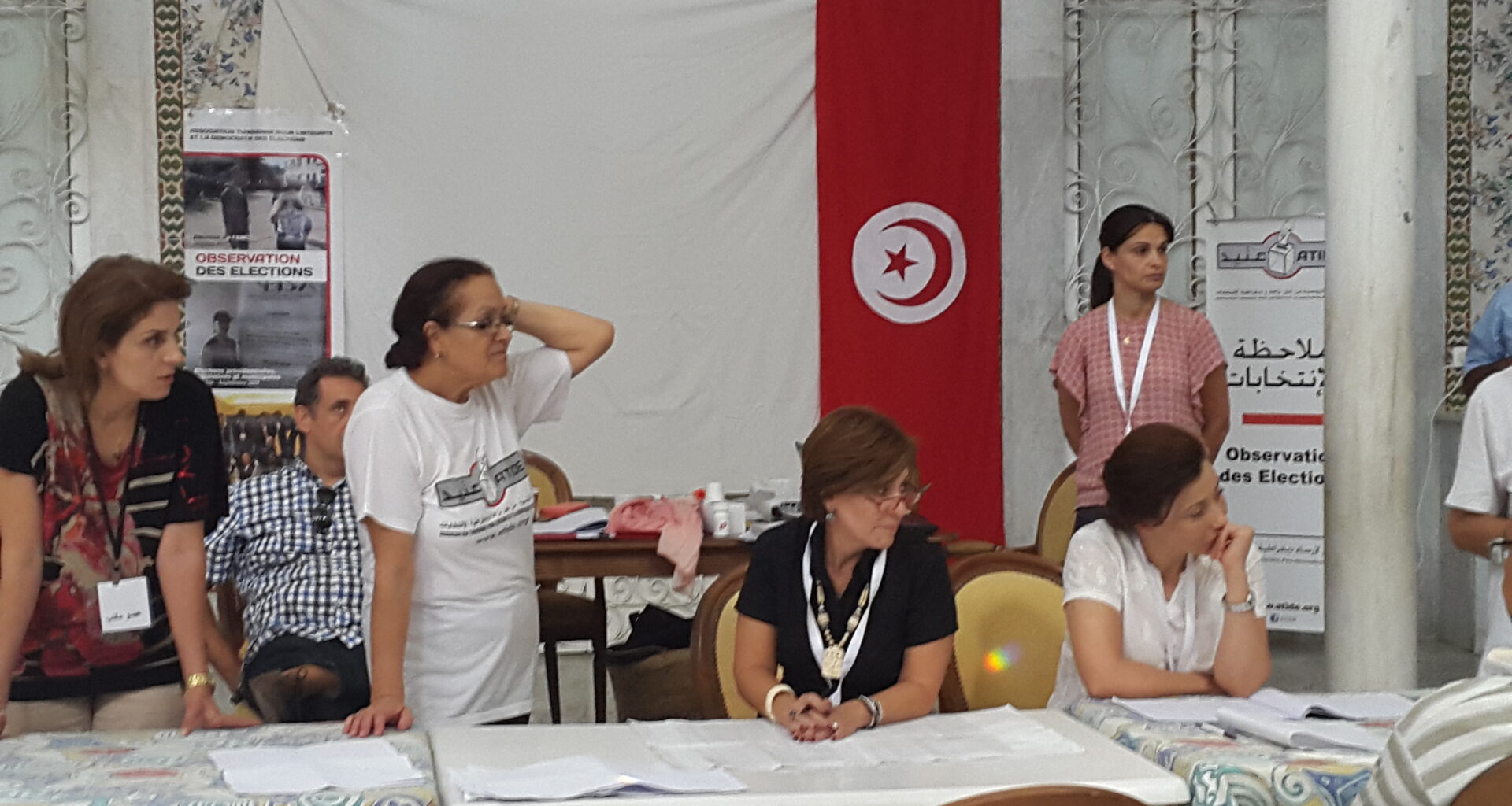
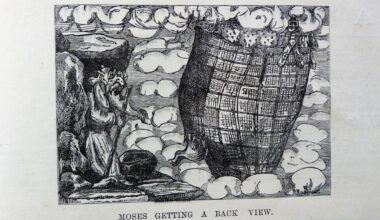

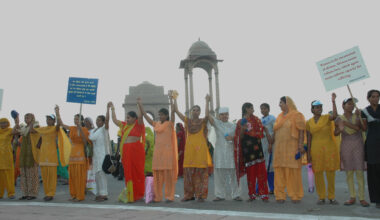
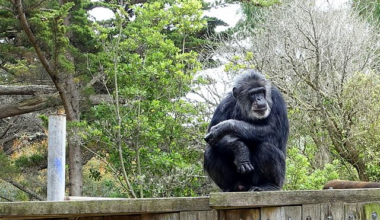

1 comment
The message here is that the less influence Islam has the better, That applies particularly to sharia which is the embodiment of Islamic values.
Your email address will not be published. Comments are subject to our Community Guidelines. Required fields are marked *
Donate